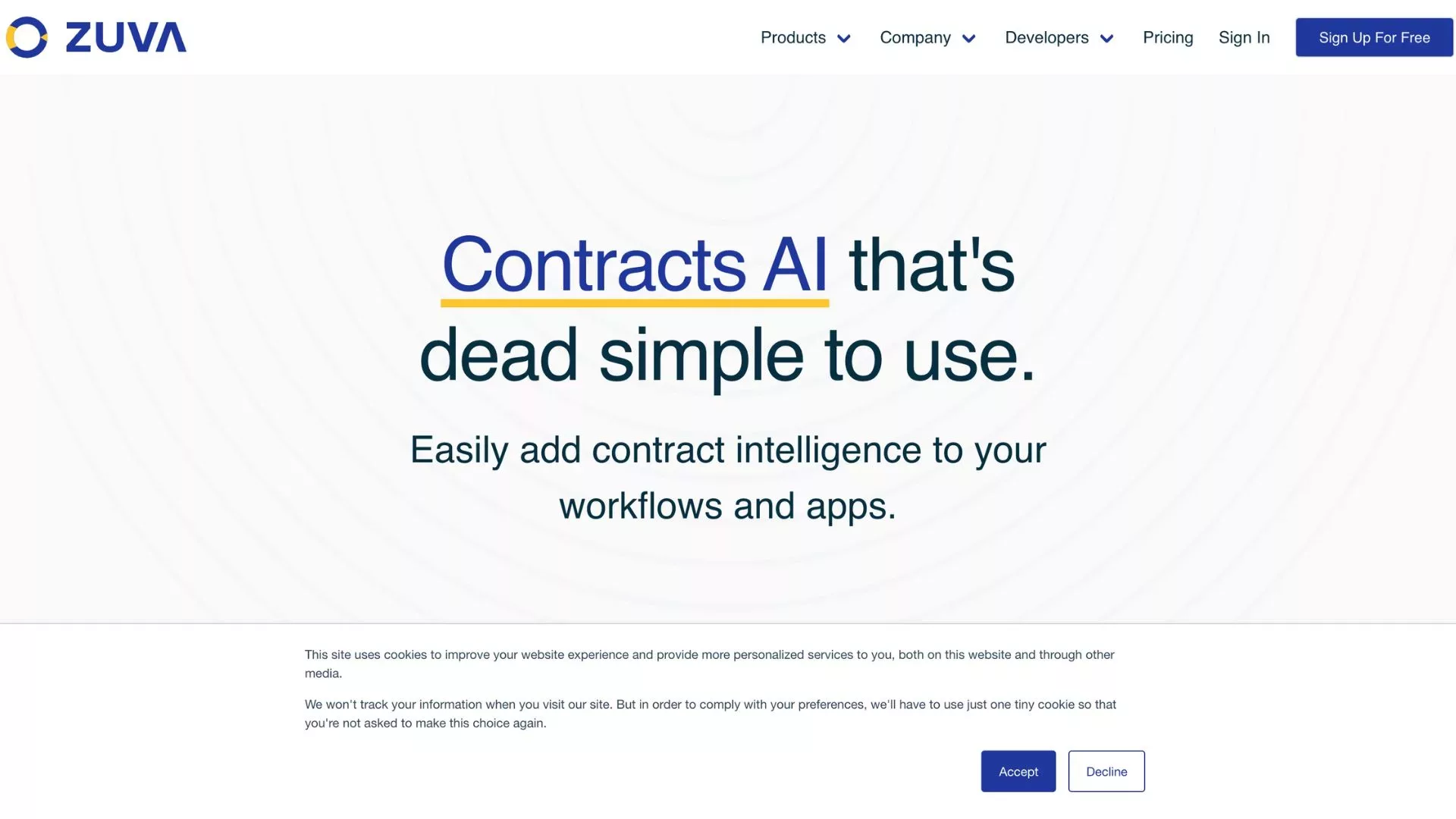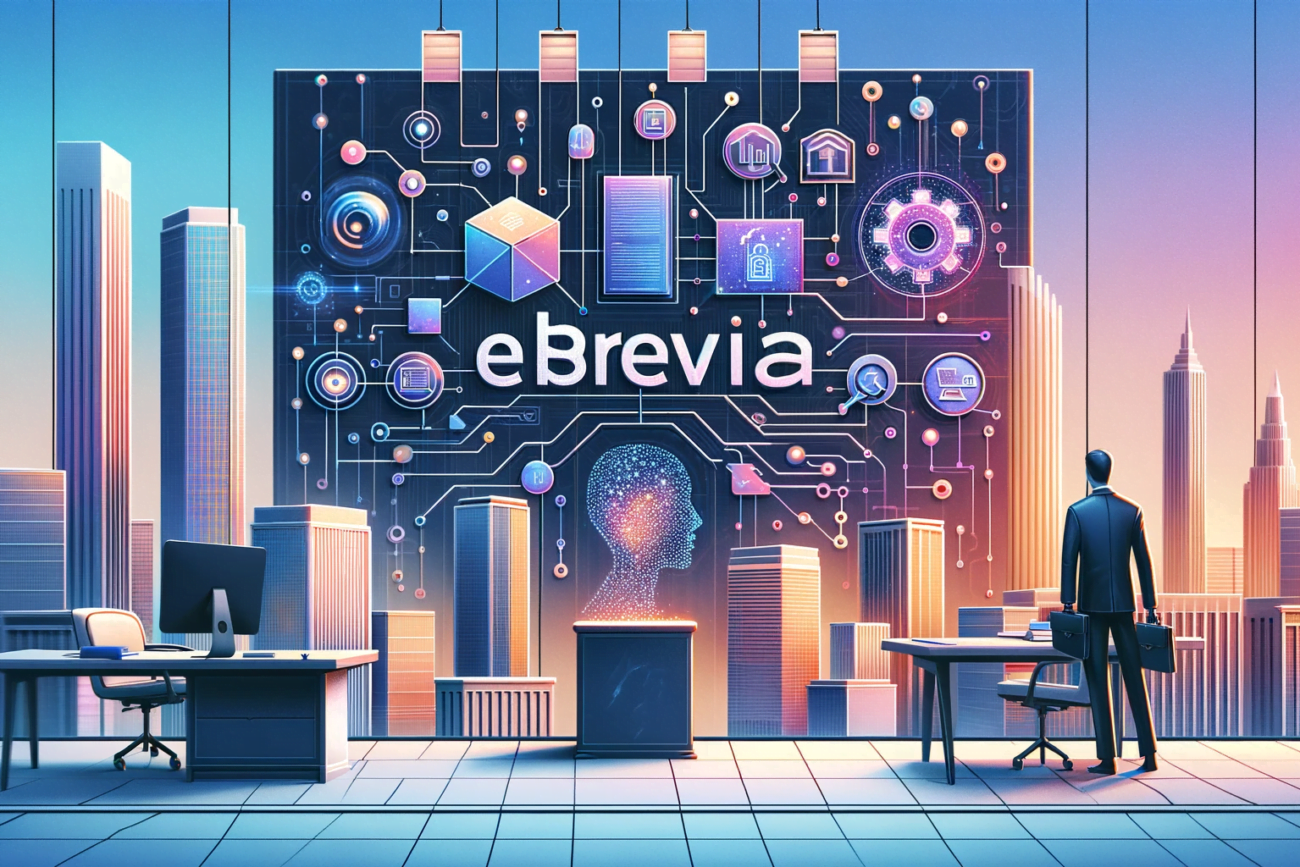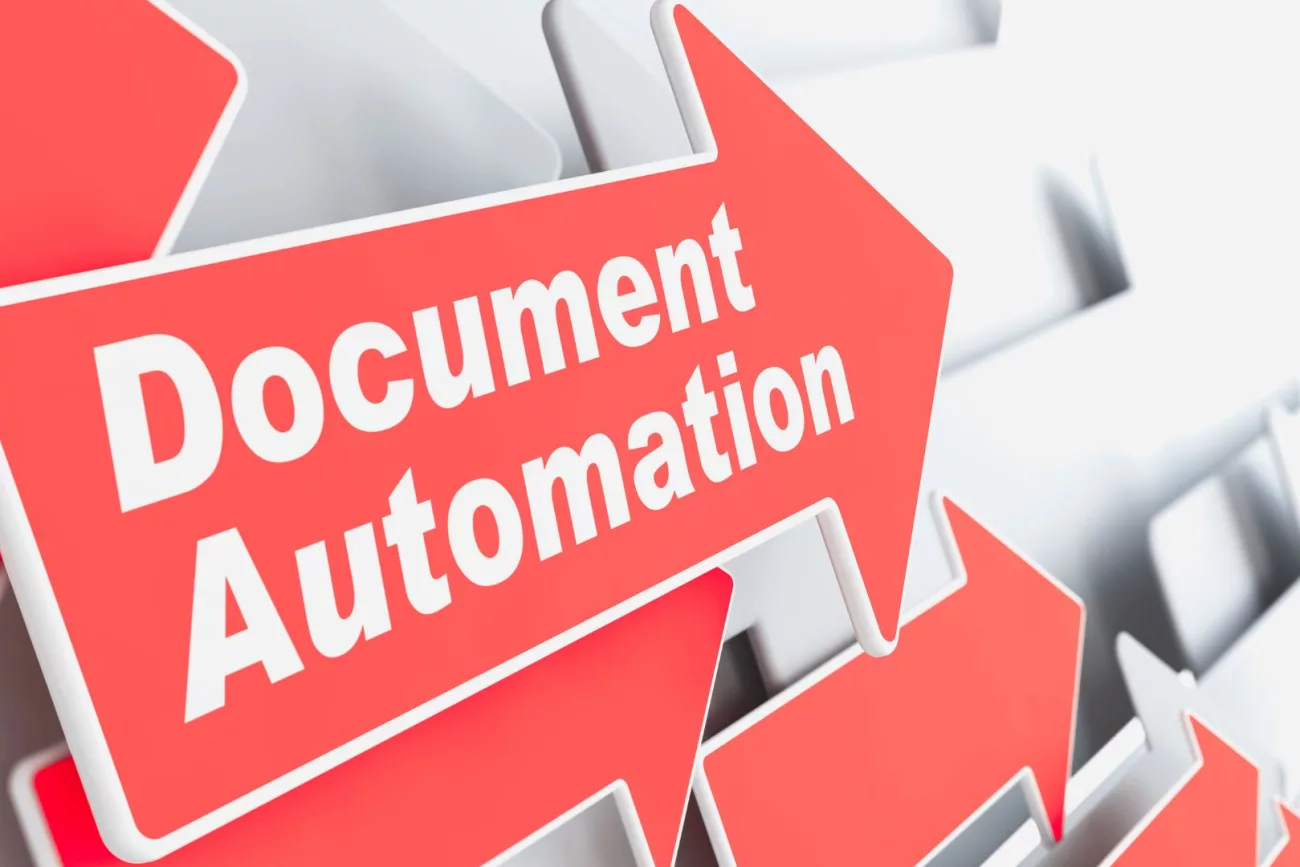
Key Points
- Zuva’s AI-driven taxonomy standardizes document classification, enhancing legal tech interoperability.
- The system addresses the “historic challenge” of inconsistent naming conventions in document management.
- Public availability of Zuva’s taxonomy aims to foster industry-wide adoption and elevate operational efficiency.
- Standardized taxonomy promises a more cohesive vocabulary, enabling better access and management of legal information.
Instagram Sued Over Link To Depression & Anxiety In Kids
Explore the lawsuit against Meta Platforms, scrutinizing its alleged role in youth mental health issues.
Copilot AI in Windows 10: Legal Tech Revolution?
Explore how Microsoft’s Copilot AI in Windows 10 could reshape legal practice. A tech breakthrough
These Law Schools Are Absolutely Dominating Government and Public Interest Jobs in 2023!
Key Points: Top law schools for government and public interest jobs: Yale, Harvard, Stanford, Columbia,
AI Disrupts Legal Tech: A Standardization Showdown
The Tug-of-War in Legal Tech
As the digital renaissance sweeps through the corridors of law firms and legal departments, a contentious battle is being waged. The heart of the matter? Standardization in legal technology. With firms stitching together a patchwork of systems for drafting, managing, reviewing, and analyzing contracts, the drive towards a unified method of document classification has sparked a fiery debate. Is the push towards a common language a leap towards efficiency or a stifling of innovation?
The Great Legal Tech Schism: To Standardize or Not?
Current Landscape: A Babel of Systems
In the current legal tech arena, a cacophony of systems each sings its tune, creating a discordant symphony of processes and protocols. The variety is dizzying, the complexity, overwhelming. Lawyers navigate through this maze, often finding themselves lost in translation between incompatible systems.
The Promise of AI: A Universal Legal Language?
Enter artificial intelligence (AI), the heralded harbinger of a new era. AI promises to cut through the noise, offering a lingua franca for the disparate digital dialects of legal tech. But at what cost? And at whose behest? The concept is tantalizing: a world where AI not only simplifies document classification but does so with an intelligence that mirrors our own cognitive abilities.
Zuva & Litera’s Bold Move: Generosity or Strategic Play?
Zuva and Litera, two paragons in the legal tech field, propose a radical solution: a shared taxonomy for document classification. This move, a blend of altruism and acumen, could either herald a new dawn of interoperability or mark a cunning chess move in a larger strategy. Zuva’s release of its decade-long developed taxonomy is a case in point—a gesture that could either galvanize the industry towards a common goal or cement their foothold as a dominant force.
A Document Classification Revolution: The Role of SALI
The Standards Advancement for the Legal Industry (SALI) Alliance: A Beacon of Hope
The Standards Advancement for the Legal Industry (SALI) Alliance stands at the forefront of this groundbreaking initiative. SALI’s mission? To bridge the chasms between technologies, fostering a seamless interaction that transcends proprietary boundaries. The collaboration with Zuva and Litera is a strategic alliance that might just tip the scales towards a standardized future.
The Taxonomy: A Common Legal Lexicon or a Trojan Horse?
Zuva’s taxonomy, a comprehensive classification system encompassing 225 document types, is the olive branch extended to the legal tech community. But is this a true offering of peace or a clever ploy? By establishing its taxonomy as the industry standard, could Zuva be positioning itself as the de facto gatekeeper of legal tech’s future?
The Dichotomy: Standardization vs. Innovation
The crux of the matter lies in a fundamental question: Does standardization smother innovation? Critics argue that a single taxonomy could homogenize the market, creating a monoculture where only the biggest players survive. Proponents, however, see a standardized system as a catalyst for innovation, providing a stable platform upon which creativity can flourish.
The In-House Dilemma: The Impact on Lawyers and Legal Teams
The Practitioner’s Perspective: Efficiency or Enslavement?
For the in-house attorney, the stakes are personal. The choice between a uniform system or a bespoke, tailored suite of tools is not just academic—it affects the daily grind. The allure of streamlined operations is tempting, but some wonder if this new order will serve their needs or shackle them to a one-size-fits-all solution.
The Technology Paradox: Empowerment Through Restriction
There’s an irony at play here: could it be that by restricting choice through standardization, legal professionals are actually empowered? A common taxonomy might free them from the mundane, allowing lawyers to focus on the nuanced, the complex, the human elements of law that a machine could never grasp.
The Future of Legal Tech is Now
As the legal industry ventures boldly into the tech-infused future, companies like Zuva stand at the forefront, wielding AI as a tool not just for efficiency, but for a transformative clarity in document classification. This ‘historic challenge’ is being met head-on, signaling a shift toward a universally comprehensible legal language facilitated by smart technology.
The implications are vast: a streamlined workflow, a common vocabulary, and perhaps most importantly, a new standard in legal tech that promises to reshape the fabric of legal operations.
Are you ready to be part of this groundbreaking journey? To not just witness but actively engage with the future of legal tech? Then don’t stand on the sidelines.
📧 Join our newsletter to stay updated with the latest legal tech innovations, debates, and discussions that will define our industry. Your input can drive the change. Subscribe now and make your voice heard in the courtroom of tomorrow’s tech-driven legal landscape.
Share this post
Frequently Asked Questions (FAQs)
Q: What is Zuva's AI-driven document classification taxonomy?
A: Zuva’s taxonomy is an AI-powered system that categorizes legal documents to improve interoperability between various legal tech applications.
Q: Why is standardization in document classification important?
A: Standardization allows for consistent communication across legal tech platforms, reducing confusion and streamlining the document management process.
Q: How does this taxonomy benefit law firms?
A: It simplifies finding and managing documents, saves time on manual classification, and facilitates better data management and analysis.
Q: Will Zuva's taxonomy work with existing document management systems?
A: Yes, the taxonomy is designed to enhance the functionality of current systems like iManage and NetDocuments by providing a standard framework for document classification.
Q: Is the taxonomy available for public use?
A: Zuva has made the taxonomy publicly available, believing that its widespread adoption will benefit the legal industry as a whole.















